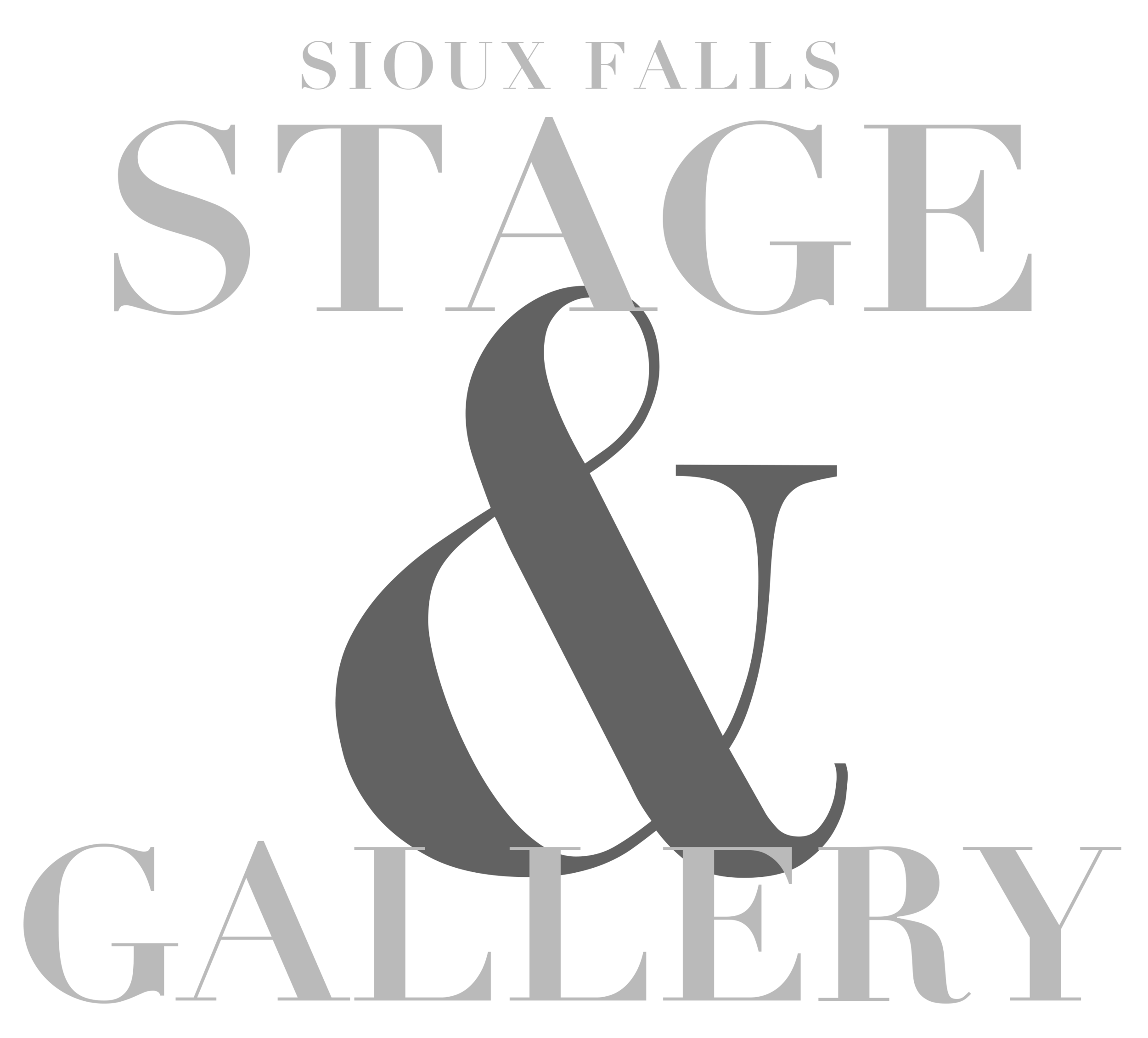Mad Relatable
When opportunity isn’t presenting itself, you fuel your frustrations into producing your own opportunities on your own terms and, of course, adopting a moniker referencing a bygone affliction coined to explain away depression fueled by trauma. (No? Well, that’s what you do if you’re local comedy troupe Prairie Madness, anyway.)
In its second year of existence, Prairie Madness Comedy has made a name for itself by raising up female-presenting comedians and simply championing representation in the standup space. Why? “Because representation freaking matters,” founder and standup in her own right Jamie Tharney said. “If you see somebody that looks like you or sounds like you or has a story that’s similar to yours, it validates your own life and makes you feel like you matter.
“Suspending your concern of your self-consciousness can make you do great things in your life.”
And that representation has been a part of the fabric of Prairie Madness from its first show to its most recent outings. Borne out of the frustration of not seeing enough female-presenting comedians showcased in area venues, Tharney and collaborators set out to remedy that.
“We’re really using it as a platform for people who normally wouldn’t have the opportunity,” she said. “I’ve seen a lot more people interested in coming to comedy shows, because they know they’re not going to see the same four people anymore. There’s a lot more diversity, and it’s attracted a lot more diverse comedians.”
That last point is something Tharney feels particularly compelled to keep improving through Prairie Madness’s own efforts to spotlight comedians of color, LGBTQ+ comics and indigenous standups.
“I want as many different people to come as possible,” she said of Prairie Madness’s recent addition of an open mic night at Lupulin Brewing several Tuesdays a month. “Indigenous folks. Black folks. White folks. Gay folks. Queer folks. Come and be silly in an environment where no one is going to judge you. That’s what I’m trying to create.
“People don’t realize how funny they are and that they have a voice that people want to hear.”
Another tenet of the group’s efforts? Incorporating other elements of performing arts into their programming, including musicians such as instrumentalist/comic UkaLady, a frequent Prairie Madness collaborator.
The value of spotlighting comics of a variety of skillsets, experiences and backgrounds is something Prairie Madness strives to make a part of its efforts well into the future. And the response to that level of care has been overwhelmingly positive.
“I think what surprises me most is how much fun people have,” Tharney said. “You hear so much of that ‘girls aren’t funny,’ ‘you can’t headline a showcase,’ ‘the boys have been doing it longer’ stuff, but in reality, the audience wants what it wants.
“If the audience is relating to you and experiencing your life experience, that’s what they’re looking for. That’s what comedy is.”
So about that name—“Prairie Madness.” Well, it was a term used to explain away probable post-traumatic stress disorder in women of the pioneer days who were married off and dragged from the cities of the East Coast by their husbands to the prairies of the Midwest, many subsequently shipped back to the coast to asylums.
“I feel kind of like I’m an outsider who moved from the southeast, from a big city,” Tharney said, “and when I first moved here that first winter I wouldn’t say I didn’t have a little case of prairie madness. I can identify with those women in a way—they could’ve just used a little help.”
And with their sights firmly set on representation and relatability in the Sioux Falls performing arts space, Prairie Madness might just be a part of delivering that help for a new generation of outsiders.

